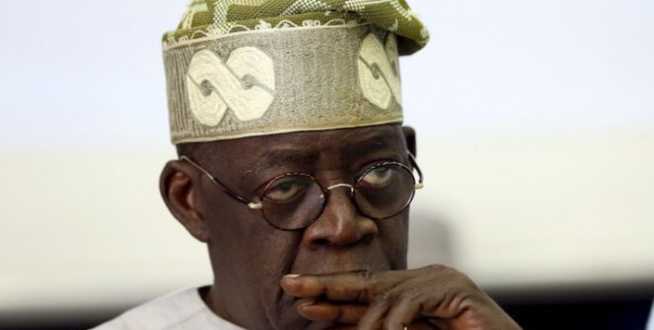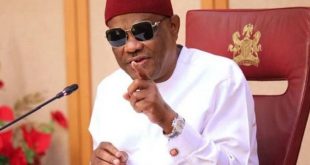Leading economists have called on President Bola Tinubu’s administration to reconsider the current N70,000 minimum wage, citing the worsening economic conditions and inflationary pressures faced by Nigerians.
Speaking in an interview, Dr. Paul Orebiyi, an economist and head of the Department of Economics at the University of Lagos, expressed concern over the struggles faced by ordinary citizens.
“The situation in the country is pathetic. What Nigerians are going through is tough. It is not as if we cannot produce the food that we need. The major thing that should be done is for the government to tackle insecurity,” he said.
Dr. Orebiyi emphasised that addressing insecurity would significantly boost local food production.
“If the threat is removed, farmers will be able to do their work; there will be enough food to consume locally and export,” he added.
However, he cautioned that the challenges were not only about food importation. “If the food is imported and the prices are still high, then there will be issues,” he noted.
The economist also stressed that there must be a deliberate focus on people-centred policies.
“The government needs to step in and be more proactive in addressing the welfare of the people. If you look at the income stream, it is poor. What is N70,000 with the current realities of the economy? That amount is a far cry from the realities,” he said.
He further suggested that the government should not wait for labour unions to demand a wage increase but take the initiative to ensure Nigerians have access to a living wage.
Echoing these sentiments, Professor Sheriffdeen Tella, a professor of economics at Olabisi Onabanjo University, underscored the significant impact of high interest rates on Nigeria’s food crisis.
He pointed out that high interest rates were limiting access to credit, which in turn affected the ability to import food and boost domestic production.
“The food crisis cannot be solved in the present circumstances. With high interest rates affecting credits to import and the cost of imports, the situation remains dire. The depreciation of the naira further adds to the cost of imported foods, while the weakened naira encourages food producers to export or smuggle food across borders to earn forex,” Professor Tella explained.
He warned that unless interest rates were reduced to make credit affordable for local producers and the value of the naira improved to curb smuggling, the problem of food shortages would continue.
“The food import waiver can work if there’s money for importation and if imported foods are not smuggled out to take advantage of the financial differentials,” he said.
As Nigeria grapples with rising inflation, insecurity, and a depreciating naira, economists are urging the federal government to implement measures that directly address the hardships facing the population.
These calls for a reevaluation of the minimum wage and strategic economic policies come at a crucial time, as citizens struggle to meet basic needs in an increasingly challenging environment.
 National Telescope national telescope newspaper
National Telescope national telescope newspaper



